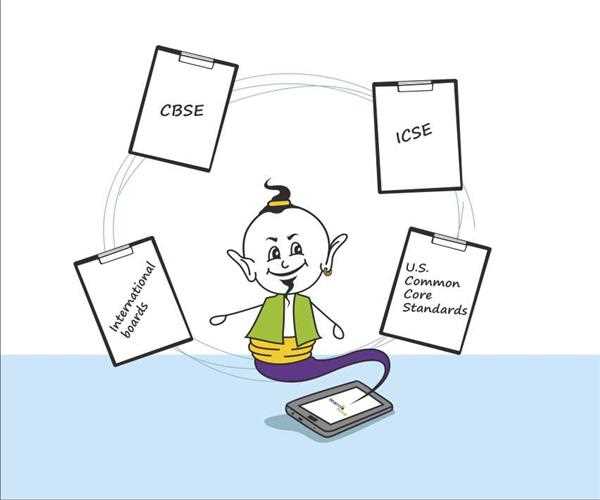
09-Jul-2019
The World’s Biggest School System is also One of the Worst
In 1931, Mahatma Gandhi mocked the idea of India having the universal primary education “inside of a century”. He was quite too pessimistic. However, the number of Indian teenagers having no schooling has reduced drastically since the 1980s. As the age group of teenagers has increased adversely still the number of educated or we say the literate teenagers has increased.
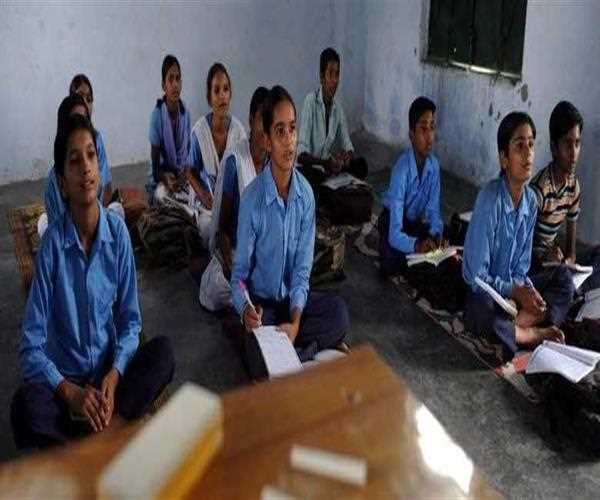
Yet India failed these children’s. They are getting very few knowledge about whatever they are required. In contrast to that, India is famous for producing the quality of Doctors and Engineers, but the irony of the country is that half of its school going children’s of 8-9 years cannot do a normal two-digit sum. Half of the 10 year old Indian student cannot perform the normal reading which is made for 7-8 year child. And this lack of education is not only the failure of a student or their parents but also the failure of the Indian Education System.
Till now, we were restricted to the narrow view. Just assume if we go ahead of this and took further the age category and the level of education then the level of education among students is much poorer. Interestingly, India’s Higher Education System is the third largest in the World, after China and the United States. In spite of all this, India is lacking far behind these countries in providing quality education from basics to a higher level.
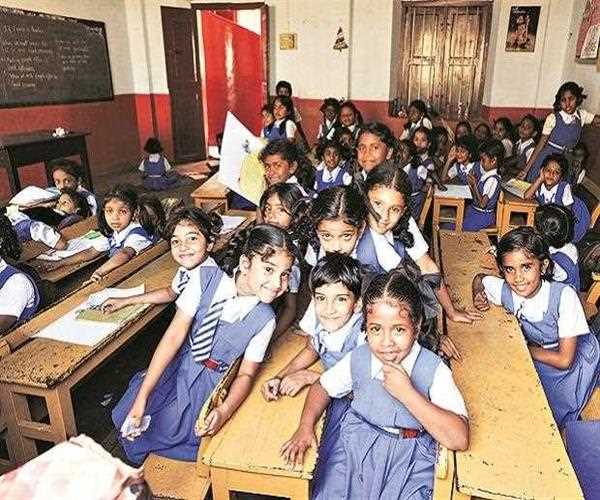
India is certainly having a big job on its hands to manage with comprising of more than 700,000 registered schools in operation. Still, the worst part for India is that only 50% of Indian children could afford to go to school, in which admission counts not the number of days of attendance at every school. So, we could just imagine in this condition what would be the quality of education or what these part-time students are getting from schools to learn.
In addition to this, the condition of Government Schools is so horrible that parents had to opt for Private School Education. And in these Private Schools, the fee structure is so damn high that not everyone can afford that. This also affects the education of deserving and talented students. The average fee for a student in Private Schools ranges from 30,000 to 60,000 annually and in case the school name starts with ‘International’ then the fee would be in Lakhs annually. And the cherry on the cake in these fee structure is that the cost of uniforms, books, and other stationary requirement are not at included in it.
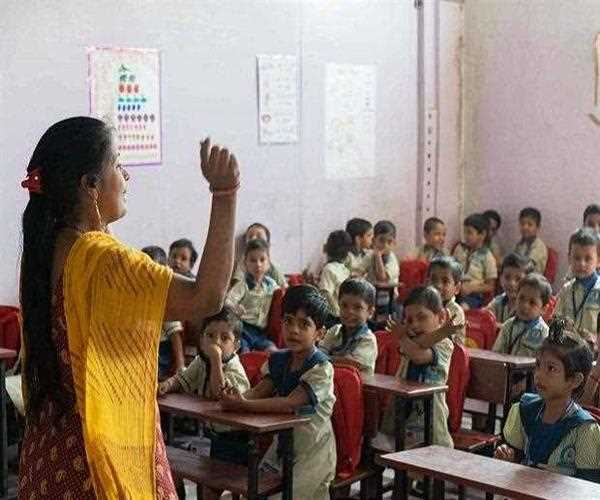
In India, the Education System is becoming so bad that it seems like, you are only paying the fees and in return, you are getting nothing more than what is written in books only and in many schools, not even this also. It is becoming a great matter of concern that, what we are giving to our new generation. We are just ruining our future and our countries growth by doing this. It is really a high time when we need to understand the value of education.
Stop making Education for granted and stop making it business only. The teachers and management of schools are responsible for ruining the future and career growth of a child. As well as, the inefficiency and lack of interest from the government are also ruining things very badly. In developed countries, students are getting books from school book banks to study, in this way they are saving money and environment both. But in India, every year each student spend thousands of rupees in getting new sets of books. We are just wasting a lot of money and natural resources as well in a bulk and repeating it every year as well.
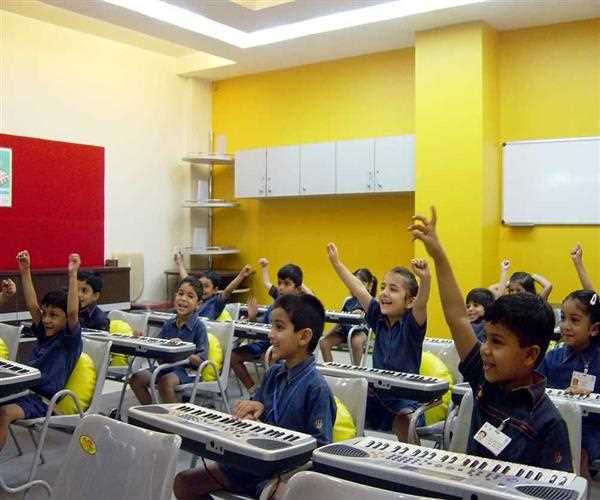
In place of wasting all these resources and money, we can save this money and spend them in the educational department or in other sectors in the growth of the country. It’s just we need to understand the importance of all these things and try to step forward in making India a top class educational hub with adding quality in it.

Other
I am a content writter !
Solutions
Join Our Newsletter
Subscribe to our newsletter to receive emails about new views posts, releases and updates.
Copyright 2010 - 2026 MindStick Software Pvt. Ltd. All Rights Reserved Privacy Policy | Terms & Conditions | Cookie Policy